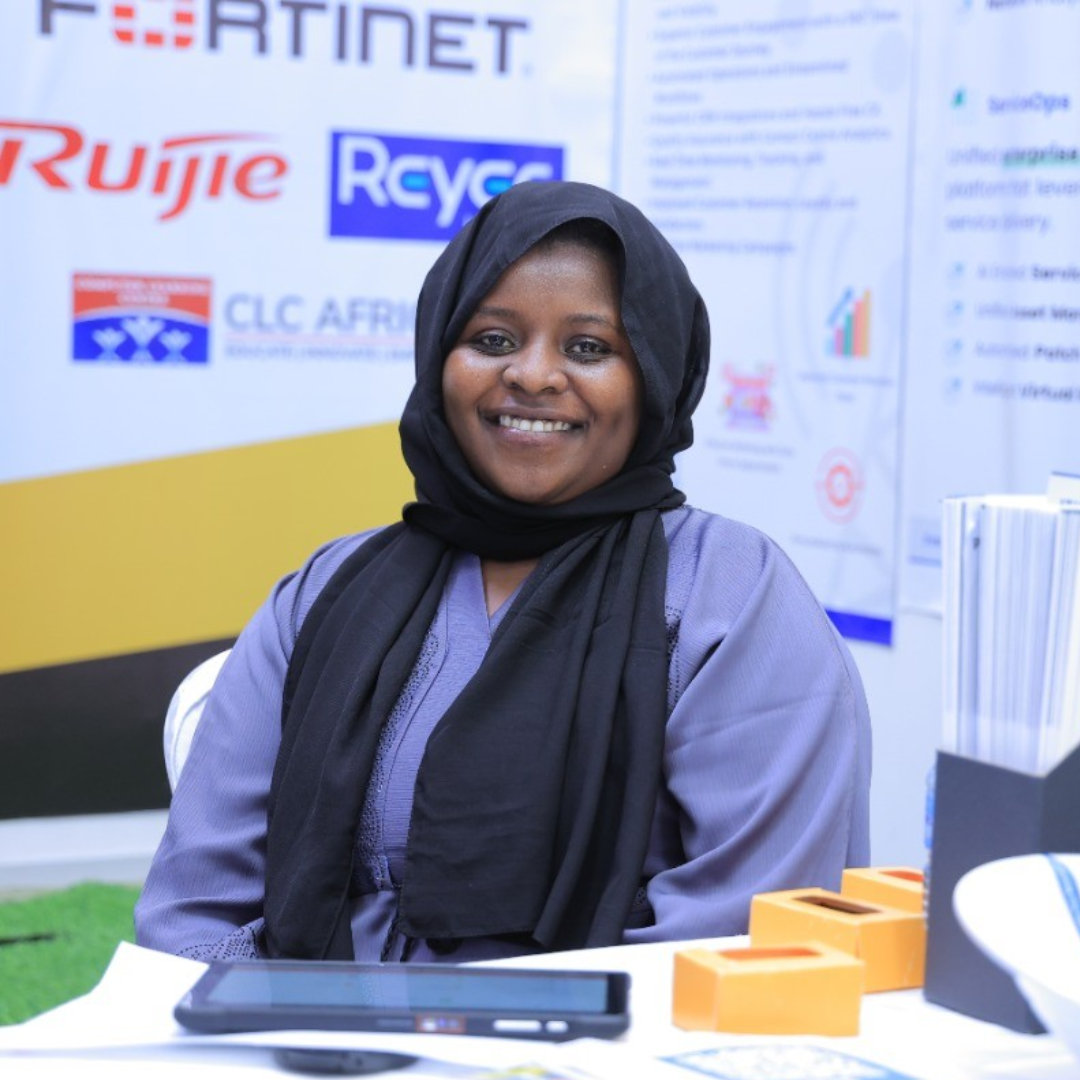Inspiring Fundraising Journeys of African Startups

Karen Maina
June 25, 2025

In the last five years, Africa’s startup ecosystem has experienced significant growth despite global economic challenges. In the first 5 months of 2025, we have seen a fluctuation in funding on the continent. However, there has been a steady growth, and it hit 1 billion, a 40% growth rate compared to 2024.
But what made investors place their trust and capital into these ventures? This article will look at fundraising success stories from across Africa and unpack the strategies these startups used to win big. Whether you're a first-time founder or looking to scale your business, these case studies offer valuable, actionable lessons you can apply.
1. Flutterwave (Nigeria): Scaling Trust with Global Partnerships
Flutterwave is a Nigerian fintech startup that became a household name after raising $250 million in 2022. This made it the most valuable African startup at the time, with a valuation of $3 billion.
The startup did a great job by offering a simple solution to a complex payment problem across Africa, which made it easy for merchants to accept payments across borders. It is an excellent example of product-market fit.
Secondly, the business created partnerships that inspired confidence. It collaborated with Visa, Mastercard, and Uber. As a result, this elevated brand trust and showed scalability.
If you listen to the Tech Tides Africa Podcast, regulation has been a key trend in technology in Africa. The company worked with central banks and regulatory bodies to ensure legal compliance, which is critical in fintech.
Lesson for Founders
Build trust through traction and credibility. High-profile partnerships and proactive compliance strongly signal to investors that you’re playing a long-term game.
2. Chipper Cash (Pan-African): Clarity, Speed, and Big Names
Chipper was founded by Ugandan and Ghanaian co-founders. It raised over $300 million between 2020 and 2022. In their Series C alone, they secured $100 million with support from SVB Capital and even Jeff Bezos’ investment firm.
One of Chipper’s most significant advantages was a clear and focused mission. The “No-fee cross-border payments” resonated strongly in Africa, where remittance costs are high.
As a result of a sound go-to-market strategy, the company experienced rapid user growth. The app grew to millions of users in just a couple of years. This was tangible evidence of demand.
Lastly, securing backing from Jeff Bezos created a snowball effect of trust from other investors.
Lesson for Founders
Refine your narrative. A clear problem and focused solution, combined with proof of growth, is a powerful pitch. Having notable backers helps, but it’s the mission's clarity and growing traction that pull them in.
3. Moniepoint (Nigeria): Profitability + Purpose = Investor Confidence
The company was formerly TeamApt. Moniepoint raised $110 million in 2024, becoming a unicorn and expanding its suite of banking services for small businesses across Nigeria.
Moniepoint has a proven business model. By 2024, the company was already processing $17 billion in monthly transactions and was profitable. Its target market is underbanked small businesses, a segment that traditional banks overlook.
As a result of its solid business strategy and relevant product, its investors included Google’s Africa Investment Fund, DPI, and Verod Capital.
Lesson for Founders
Profitability wins trust. In markets like Africa, where investors are cautious, startups that can demonstrate strong fundamentals stand out.
4. Moove (Nigeria): Innovation and Strategic Investment
Mobility fintech startup Moove raised $100 million in the Series B funding stage in 2024 and secured over $250 million in total equity and $210 million in debt in just four years. That is very impressive.
Moove’s unique business model offers revenue-based vehicle financing to gig drivers, allowing them to “pay-as-you-earn.” In addition, the company was backed by the right partners, like Uber. Moove’s connection to Uber gave it operational legitimacy and strategic alignment.
Lesson for Founders
Think beyond equity. Building a strong capital mix, especially if your model involves assets, can help scale your business faster and make it more appealing to investors.
5. SunCulture (Kenya): Climate Tech that Attracts Global Attention
SunCulture, a startup that provides solar irrigation systems for African farmers, closed a $27.5 million Series B round in 2024. The company now operates across multiple countries in East and West Africa.
The company combines two robust metrics, impact and scalability. By helping smallholder farmers increase yields using clean energy, SunCulture appealed to both climate funds and commercial investors. The company combined grants, debt, and equity to attract a diverse set of investors. This includes EDF Group and Energy Access Ventures.
It also leaned heavily on substantial data collection: The company tracked income and food security improvements to support its impact metrics.
Lesson for Founders
Don’t ignore the power of impact data. Climate tech and agritech founders who show tangible results, like increased yields or income, are more likely to secure funding from global development and ESG funds.
6. Andela (Nigeria): Building Global Developer Talent
Andela was founded in 2014. It continued to raise large rounds in the last five years and secured $200 million in 2021 in a Series E led by SoftBank, bringing its total funding to over $381 million.
The biggest advantage of Andela is global relevance. It matches African software developers with international companies, filling a clear talent gap. Its founder has a clear vision. The company pivoted from in-person training to a fully remote talent marketplace, adapting quickly to market needs.
Lastly, it is a Well-timed startup. With remote work growing post-pandemic, Andela’s model proved not just viable but vital.
Lesson for Founders:
Be willing to evolve. Market timing and smart pivots based on customer needs can open doors to major funding, even from global powerhouses like SoftBank.
Final Thoughts
The African startup scene is vibrant and full of potential, but raising funds, especially at scale, takes more than a good idea. As the stories of Flutterwave, Moove, Chipper Cash, Moniepoint, SunCulture, and others have shown, investor trust is earned through vision, traction, impact, and strategy.
Your journey will be unique as a founder, but these lessons are a great place to start. Stay focused, stay flexible, and stay investable.


